FYJC full form is First Year Junior College, i.e., 11th standard in some states of India like Maharashtra. In some states, it is also known as PUC. Find Why?
Table of Contents
The FYJC Full Form is First Year Junior College which means 11th grade. There might be few people who have heard of the term FYJC because people generally do not call by this term. It might sound complex at first, but it is a very simple abbreviation. People generally refer to FYJC when discussing syllabus and exams, so this term is uncommon, as most people refer to it as 11th class.
FYJC Full Form in India
In India, this term is used specifically in Maharashtra. The full form of FYJC is First Year Junior College, i.e., 11th grade. Usually, these are part of normal colleges all over our country because we are offered UG and PG degrees after this. The undergraduation and the later part of college are called Senior college as it is different. The 12th grade is termed SYJC, and the full form of SYJC is Second-year Junior College.
In states like Karnataka, which is in the south part of India, we normally believe that the 11th and 12th grades are called PUC. PUC full form is Pre University College. They have PUC I and PUC II to separate them accordingly. Students should note that these nomenclatures are used by the state-run education boards, which the government handles. However, in CBSE, ISC, and IB, all these boards refer to them as class 11th and 12th.
FYJC Courses Offered
After class 10, students choose to pick one of the Arts, Commerce, and Science streams. Science is generally considered one of the most challenging because of many theories, but it is a promising stream. The main subjects in this stream are very common as they are Physics, Chemistry, and Biology.
In class 11, students get to pick four subjects from any of the below electives:
- Mathematics (For Engineering Aspirants)
- Physics (Compulsory for Science)
- Chemistry (Compulsory for Science)
- Biology (For Medical Aspirants)
- Computer Science
- Business Studies (Commerce)
- Accountancy (Commerce)
- Geography
- Economics (Commerce)
- Physical Education
With Engineering or Medicine coming up as a new selection in mind, the elective choices are further reduced to the following, and they are Mathematics, Physics, Chemistry, Computer Science, Physical Education, and Biology.
Co-scholastic Work
Students need to participate in co-scholastic work, which has been described by their board syllabus and the respective school. It includes learning creative arts involved and also indulging in social work. While this part of the curriculum is not currently graded like the rest, it is instrumental in shaping students' character and morality while nurturing students' creativity.
FYJC Eligibility
To get admitted to the First Year Junior College, students need to fulfil some eligibility criteria.
The following are the eligibility criteria that a student must meet before appearing for FYJC, otherwise called the 11th class.
- Students must have passed the class 10th qualifying examination from a recognized school affiliated to CBSE or any state board or any other board of education.
- They must be between 14 to 18 years of age as of the date 1st July 2019, or it can also be that students should not be more than 18 years of age as of 30th September 2019
- There could be an exception for some schools as students need to have obtained an overall 41% or grade C2 in the aggregate of all subjects and not less than 33% in any of the subjects.
FYJC Syllabus
The following are the common syllabus that students will have to go ahead with, irrespective of the board they choose. Students need to keep the syllabus in mind to understand what is being taught when they get into class 11.
Tabulated below are the most common topics covered in Physics and Chemistry syllabus.
| Physics | Chemistry |
| Physical World | Basic Concepts of Chemistry |
| Units and Measurement | Structure of Atom |
| Motion in a Straight Line | Classification of Elements and Periodicity in Properties |
| Motion in a Plane | Chemical Bonding and |
| Laws of Motion | Molecular Structure |
| Work, Energy, and Power | States of Matter: Gases and Liquids |
| System of Particles and | Organic Chemistry: Some Basic Principles and Techniques |
| Rotational Motion | Hydrogen |
| Gravitation | Thermodynamics |
| Mechanical Properties of Solids | Equilibrium |
| Mechanical Properties of Fluids | Redox Reactions |
| Thermal Properties of Matter | s-Block Elements |
| Thermodynamics | Some p-Block Elements |
| Kinetic Theory | Hydrocarbons |
| Oscillations | Environmental Chemistry |
| Waves | - |
Tabulated below are the most common topics covered in Biology and Computer Science syllabus.
| Biology | Computer Science |
| The Living World | Computer Fundamentals |
| Biological Classification | Classification of Computers |
| Plant Kingdom | Software Concepts |
| Animal Kingdom | System Software |
| Morphology of Flowering Plants | Operating System |
| Anatomy of Flowering Plants | Utility Software |
| Structural Organisation in Animals | Open Source Concepts |
| Cell: The Unit of Life | Application Software |
| Biomolecules | Number System |
| Cell Cycle and Cell Division | Internal Storage Encoding of Characters |
| Transport in Plants | Microprocessor |
| Mineral Nutrition | Memory Concepts |
| Photosynthesis in Higher Plants | Primary Memory |
| Respiration in Plants | Secondary Memory |
| Plant - Growth and Development | Input-Output Ports and Connections |
| Digestion and Absorption | Programming Methodology |
| Breathing and Exchange of Gases | General Concepts |
| Body Fluids and Circulation | Problem Solving Methodologies |
| Excretory Products and their Elimination | Problem Solving |
| Locomotion and Movement | Introduction to Python or C++ |
| Neural Control and Coordination | Getting Started |
| Chemical Coordination and Integration | Data Types, Variables, and Constants |
| - | Operator and Expressions |
| - | Programming with Python/C++ |
| - | Flow of Control |
| - | Introduction to User-defined Function and its Requirements |
| - | Structured Data Type |
| - | User-defined Data Types |
Tabulated below are the most common topics covered in the English and Mathematics syllabus.
| English | Mathematics |
| Reading Comprehension | Sets |
| Reading from an unseen passage and a poem. | Relations and Functions |
| Reading passage and a poem (Literature Textbooks). | Trigonometric Functions |
| Creative Writing Skills | Principle of Mathematical Induction |
| An essay on an argumentative, discursive, reflective or descriptive topic. | Complex Numbers and |
| A composition such as an article, a report or a speech. | Quadratic Equations |
| Literature Textbooks | Linear Inequalities |
| To test comprehension, literary appreciation and drawing inferences in poetry and prose. | Permutations and Combinations |
| To test the evaluation of characters, events, and episodes. | Binomial Theorem |
| Presentation of a book review, a play, a short story, a novel, novella, to be followed by a question-answer session. | Sequences and Series |
| - | Straight Lines |
| - | Conic Sections |
| - | Introduction to Three-dimensional Geometry |
| - | Limits and Derivatives |
| - | Mathematical Reasoning |
| - | Probability |
| - | Statistics |
Top Schools for FYJC in India
After students complete their 10th board exams, the actual impact starts for the students as they try to seek admission in every college present in our country. They get confused about which school to choose for better career prospects. The schools are chosen by the parents of the children themselves based on the school's reputation, teachers, streams, activities, and facilities that they often provide to the students.
Here is a list of some of the top FYJC schools for students to choose from in India for the 11th class.
- DAV Senior Secondary School, Chennai
- Ramakrishna Mission Vidyapith, Deoghar
- Sri Kumaran Children's Home School, Bangalore
- National Public School, Bangalore
- The Heritage School, Gurgaon
- Chinmaya International Residential School, Coimbatore
- Hindu Senior Secondary School, Chennai
- HAL Public School, Bangalore
- Lakshmipat Singhania Academy, Kolkata
- Jawahar Navodaya Vidyalaya, Alappuzha
- Kendriya Vidyalaya, Colaba, Mumbai
- Birla Vidya Niketan, Pilani
- Amity International School, Noida
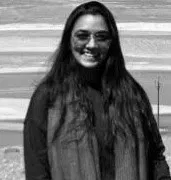

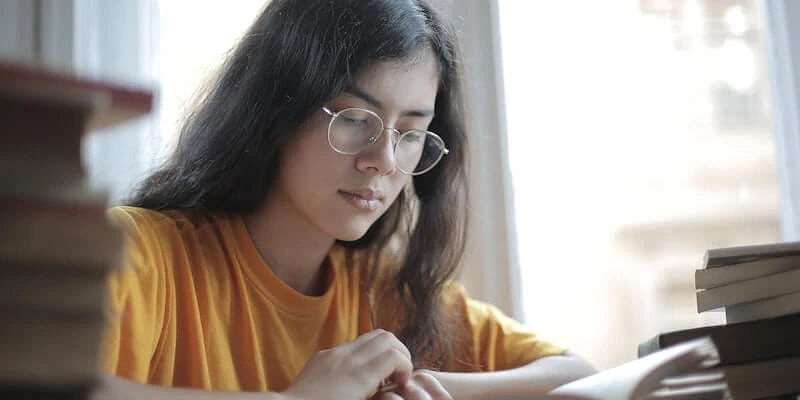
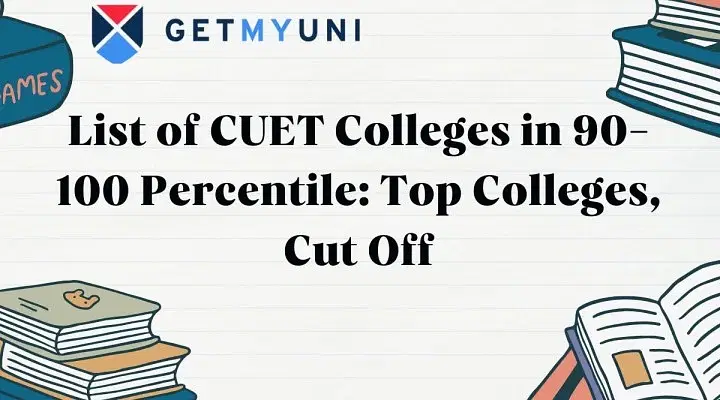
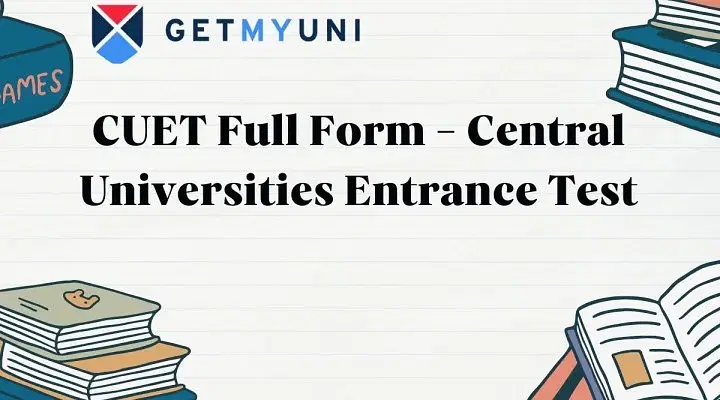
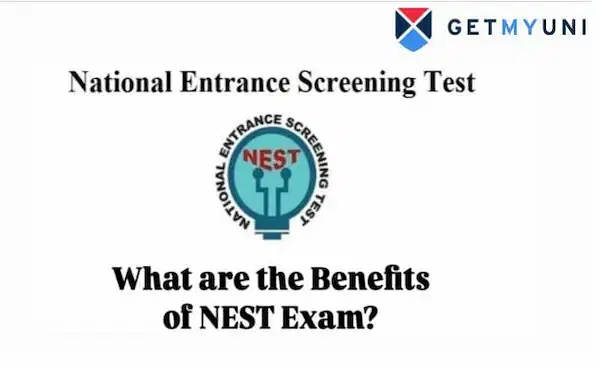
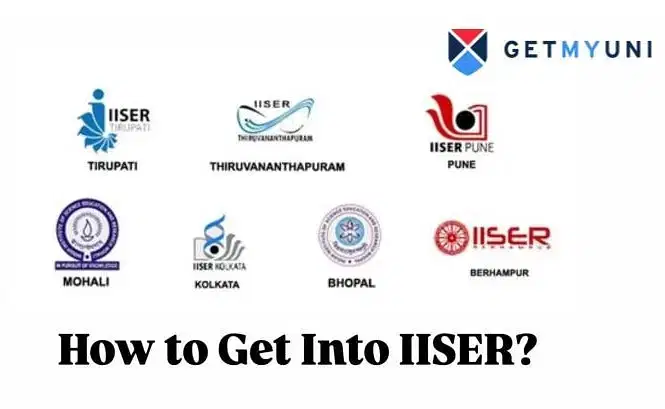

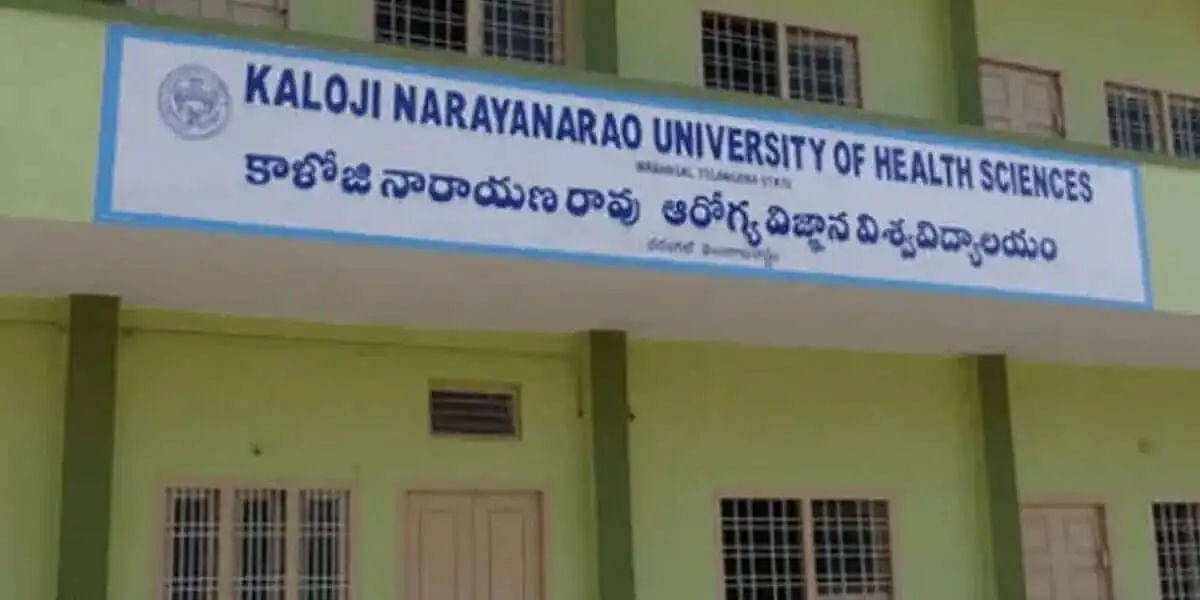
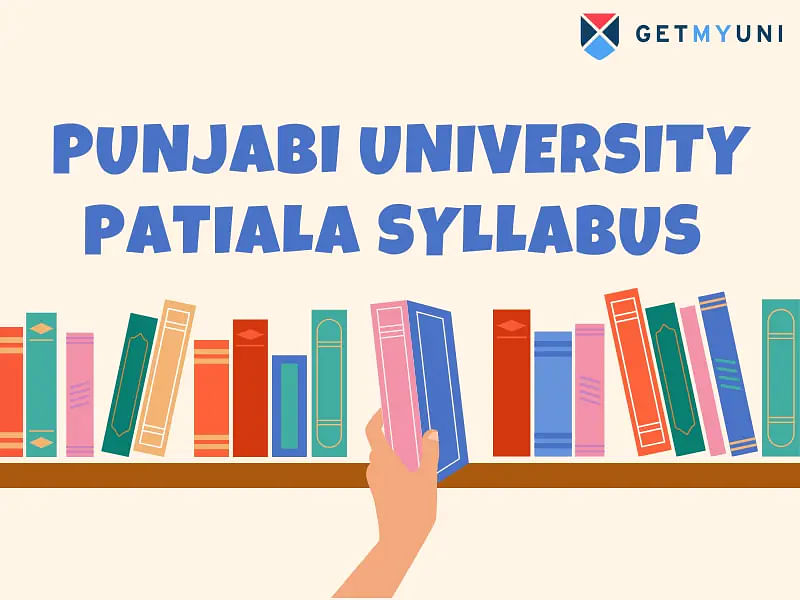
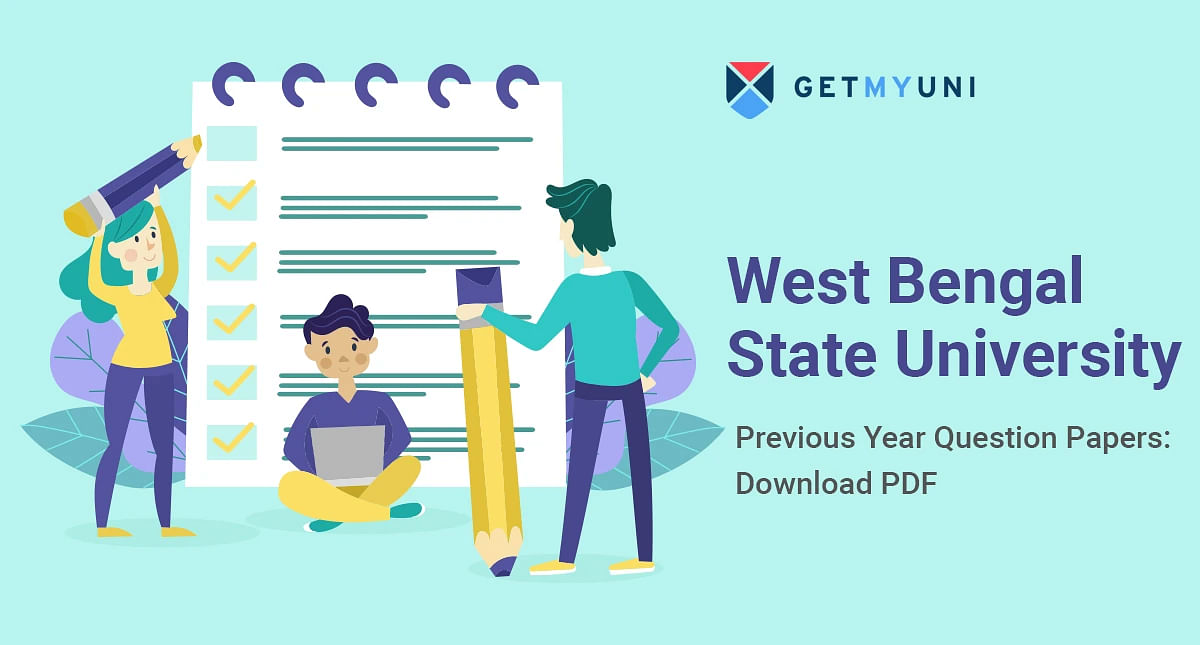
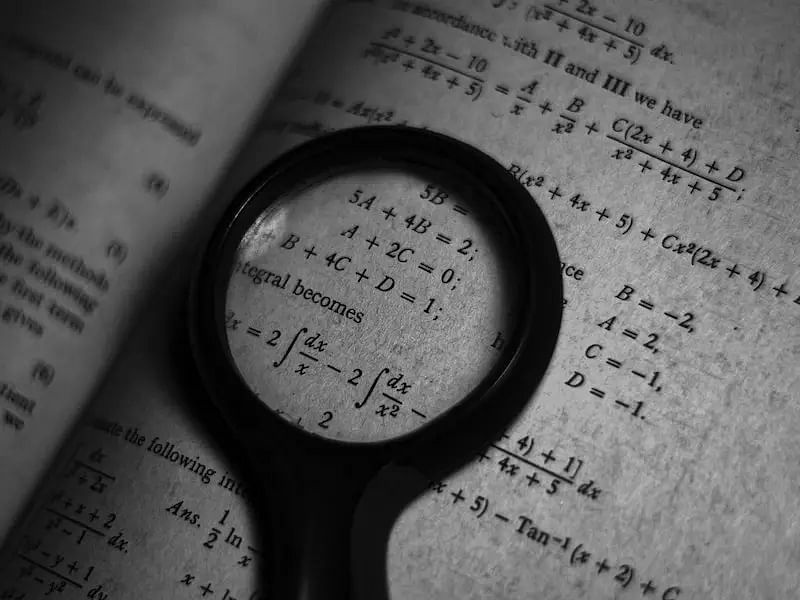


POST YOUR COMMENT